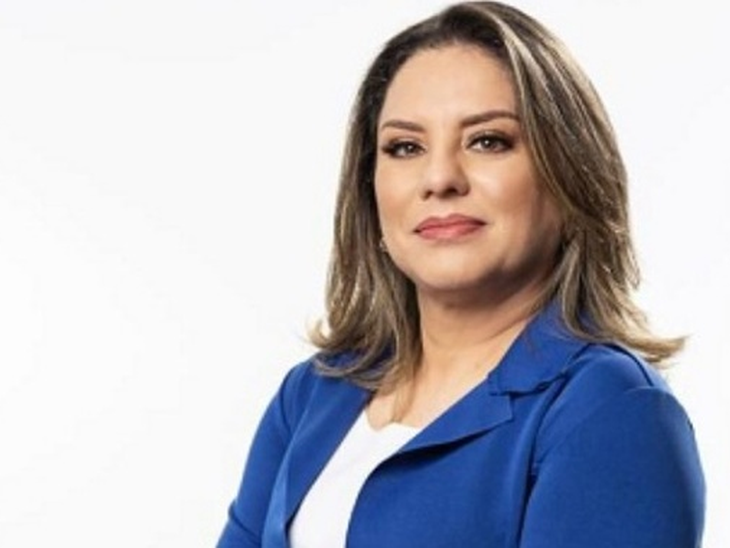
 Natural Gas
Natural Gas
T&B Petroleum/Press Office

During the Workshop on Regulation of Natural Gas Services in RN, promoted by the State Secretariat for Economic Development (Sedec) and Potigás, the State Governor, Fátima Bezerra, stated that the Bill presented and that establishes rules for the exploitation of local gas services piped gas in Rio Grande do Norte, in accordance with federal law, will be a driver of development for Rio Grande do Norte, who, according to her, is a protagonist in the areas of energy across the country.
Like most Brazilian states, Rio Grande do Norte does not yet have state legislation that regulates piped natural gas distribution services, carried out by Potigás, holder of the concession. Around this, the seminar discussed the bases for the future state law that should regulate local services in the sector.
RN is one of the largest natural gas producers in the country and this condition, according to the governor, needs to advance further so that it is at the service of the State's development with sustainability. "Our Government has been striving for this role to grow more and more," she said.
The position of largest producer of wind energy in Brazil that RN leads, added the head of the State Executive, is the result of the expansion of investments by the State Government in this area. With regard to natural gas, the expectations are that the approval of the law will bring progress in the energy matrix of Rio Grande do Sul, added Fátima.
Natural gas distributed exclusively in Rio Grande do Norte by Potigás has almost 450 thousand meters of gas pipeline in Natal, Mossoró, Parnamirim, São Gonçalo do Amarante, Macaíba and Goianinha, and occupies the second place in terms of percentage of energy generation in the matrix energy with 9% production.
An expert in the field of wind energy, Senator Jean-Paul Prates said that the law will be an important instrument to consolidate state rules for the development of pipeline gas logistics, commercialization and distribution, as well as to promote harmonization with rules that are being implemented. implemented in neighboring states, in addition to nationally.
Sedec's Secretary, Jaime Calado stated that the Government's guideline is that natural gas be an effective energy option insofar as it is attractive in prices and, for this, the State is reformulating the Gas Incentive Program. sector, the greater the participation of gas in people's lives ”, he emphasized.
The CEO of Potigás, Larissa Dantas (photo), highlighted that the draft of the PL has the goal of making the State positively competitive in the market, providing better prices to the consumer.
The proposal establishes a limit of up to 5,000 cubic meters of gas for any industrial consumer, a differentiated offer from the RN to the market, in addition to the fact that the purchase is made directly from producers at lower costs. "We hope that the Legislative Assembly embraces the project, as well as the industry, the draft suggestion", he stressed when recalling that Rio Grande do Norte has the cheapest gas because the origin is local, which should benefit the consumer.
According to Sedec's Energy Development coordinator, Hugo Fonseca, the objective of the State Government is to give transparency to the regulatory process and with due return to society.
Attorney General of Espírito Santo and President of ESGás Fiscal Council, Luiz Pavan and spoke of the case of that state that already has legislation that regulates the distribution of natural gas. According to him, the project has generated a positive impact on the consumer and the RN, as the Government's actions converge to the same context and that consideration is needed to discuss and mature the PL in a consensual way. The new market may allow direct trading in the business environment, he said, because of the legal security it provides to the consumer market.
On March 17, 2021, the Chamber of Deputies approved the new regulatory framework for the gas sector (PL 4476/20). The text establishes measures such as the deconcentration of the market, which in practice means breaking the sector's monopoly. In other words, the same company is prevented from operating in all phases - from production / extraction to distribution. The proposal will be sent to the presidential sanction.
Petrobras, today, participates with 100% of the import and processing and about 80% of the production (petroleum gas). The company has sold its stakes in the transport and distribution chains after concluding TCC with Cade.
In July 2019, MME created the New Gas Market Program that encourages Brazilian states to create their local laws regulating piped natural gas.
Contact us